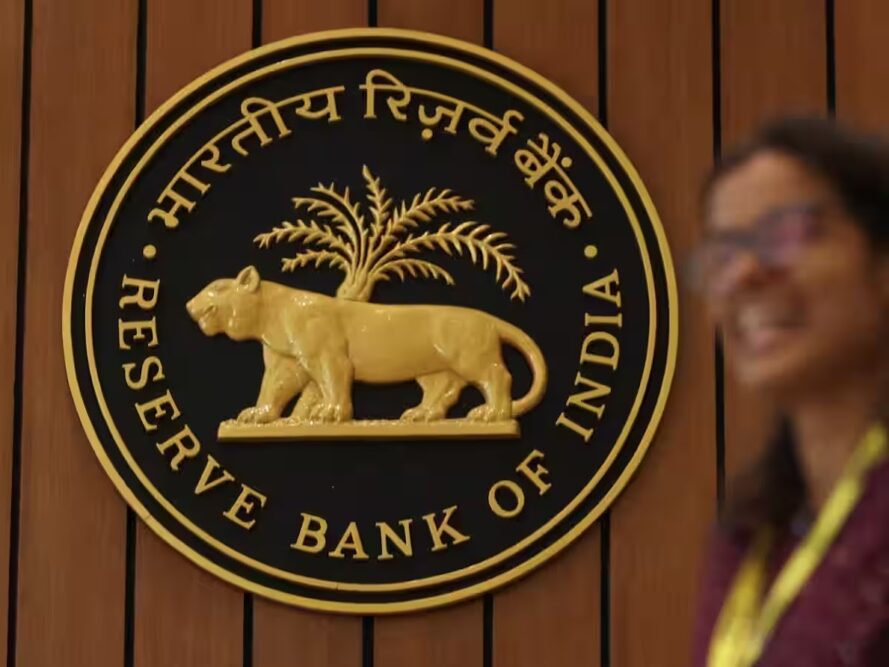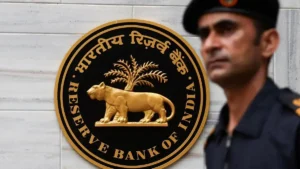Banking regulators in India and the United Kingdom (UK) achieved a significant milestone as they signed a Memorandum of Understanding (MoU). The focus of the MoU is the oversight of the Clearing Corporation of India (CCIL), a crucial entity in local transaction settlement. This development opens the doors for substantial trade in Indian sovereign bonds routed through London lenders, marking a pivotal agreement for the commitment of personal funds and discharge of custodian roles.
Key Players and Background
- The Reserve Bank of India (RBI) and the Bank of England (BoE) are the primary regulatory bodies involved in this agreement.
- The MoU not only serves as a blueprint for regulatory regimes grappling with oversight issues related to CCIL but also establishes a robust framework.
- This framework is designed to accommodate the anticipated $25 billion in incremental inflows into Indian sovereign bonds by mid-2025 following their inclusion in JPMorgan’s globally tracked index.
Statement from RBI
- According to a statement from the RBI, the MoU sets up a framework enabling the BoE to rely on the regulatory and supervisory activities of the RBI while ensuring the safeguarding of the UK’s financial stability.
- The statement emphasizes the importance of cross-border cooperation to facilitate international clearing activities and underscores the BoE’s commitment to deference to the regulatory regimes of other authorities.
Progress and Approach
- Earlier reports, indicated significant progress between the RBI and UK regulators regarding the new MoU for the treatment of CCIL.
- It was anticipated that the BoE would adopt a “hands-off” approach, particularly on potentially contentious issues such as rights of audit over the Indian clearing house.
Relief for UK-based Banks
- This development comes as a relief for major UK-based banks, including Standard Chartered, Barclays, and HSBC.
- These institutions are significant players in the domestic bond and derivatives markets and also serve as custodians for foreign investment flows into India.
- The CCIL, responsible for overseeing platforms for bond and interest rate derivative trades, operates under the supervision of the RBI.
Important Questions Related to Exams
Q: How does the MoU benefit UK-based banks such as Standard Chartered, Barclays, and HSBC?
A: UK-based banks, being major players in domestic markets and custodians for foreign investments in India, find relief as the MoU resolves potential issues related to oversight of the CCIL. It ensures a “hands-off” approach from the BoE, allowing for smoother trade operations.
Q: What role does the CCIL play in this agreement?
A: The CCIL, responsible for overseeing platforms for bond and interest rate derivative trades, is a key entity in local transaction settlement. The MoU’s focus on CCIL ensures that the framework accommodates the substantial trade in Indian sovereign bonds routed through London lenders.
Q: How does the MoU impact the global financial landscape?
A: The agreement sets a precedent for international cooperation in clearing activities, emphasizing cross-border collaboration. This collaborative approach between regulatory bodies is expected to positively impact the facilitation of trade in Indian sovereign bonds, marking a significant step in the global financial ecosystem.



 RBI Proposes Tighter Lending Norms for R...
RBI Proposes Tighter Lending Norms for R...
 RBI Hikes Banks’ M&A Financing Limit...
RBI Hikes Banks’ M&A Financing Limit...
 PNB Announces ‘PNB Soldierathon 2026’ Ah...
PNB Announces ‘PNB Soldierathon 2026’ Ah...








